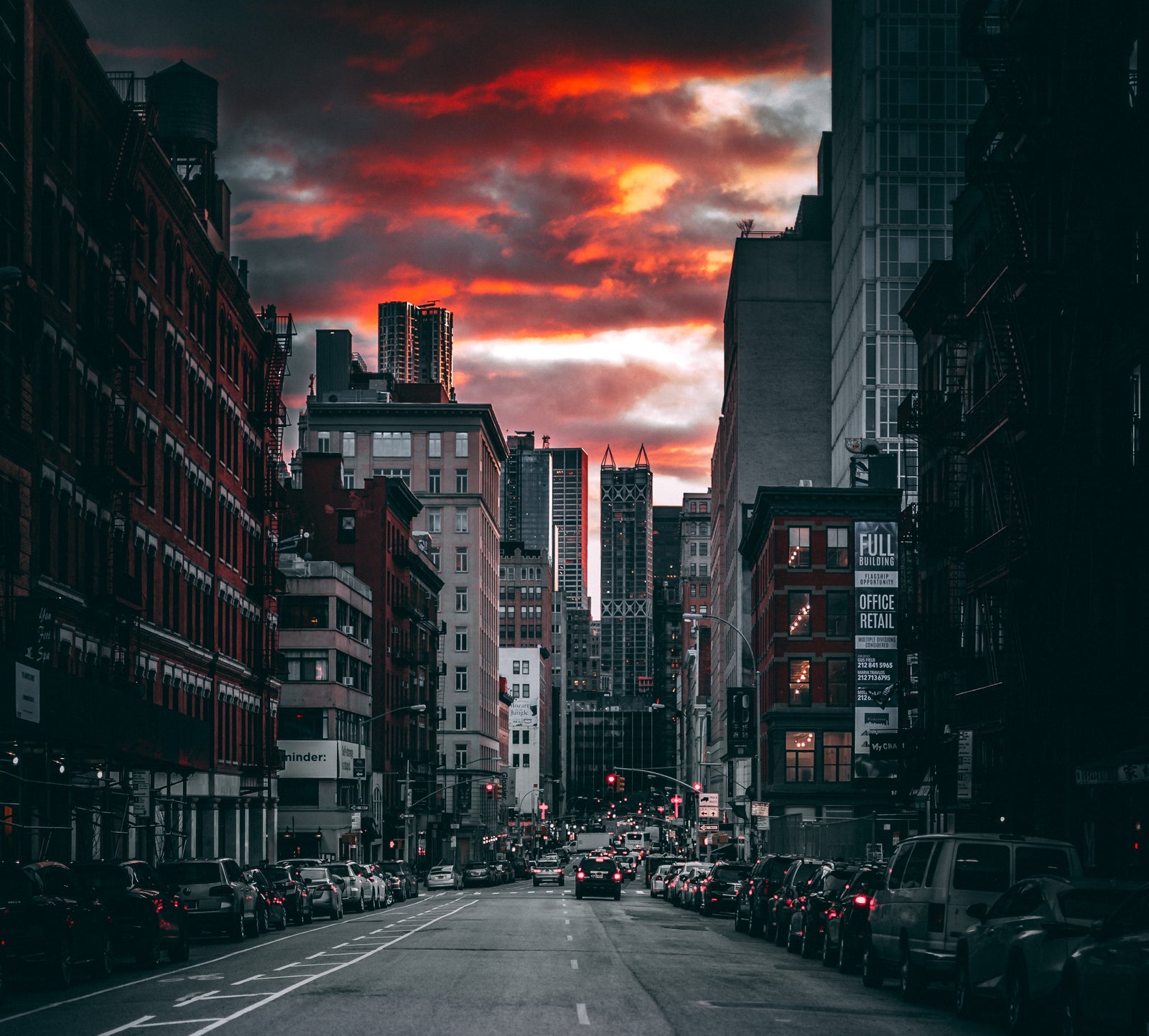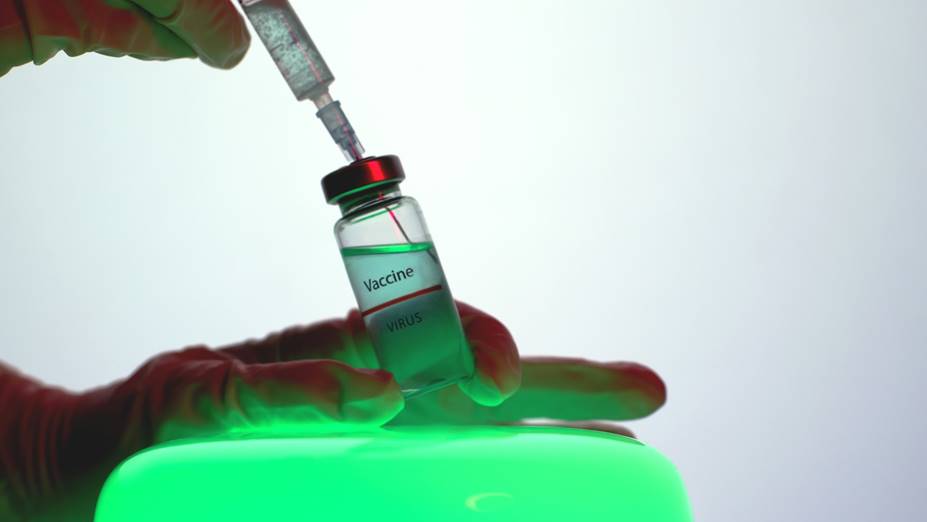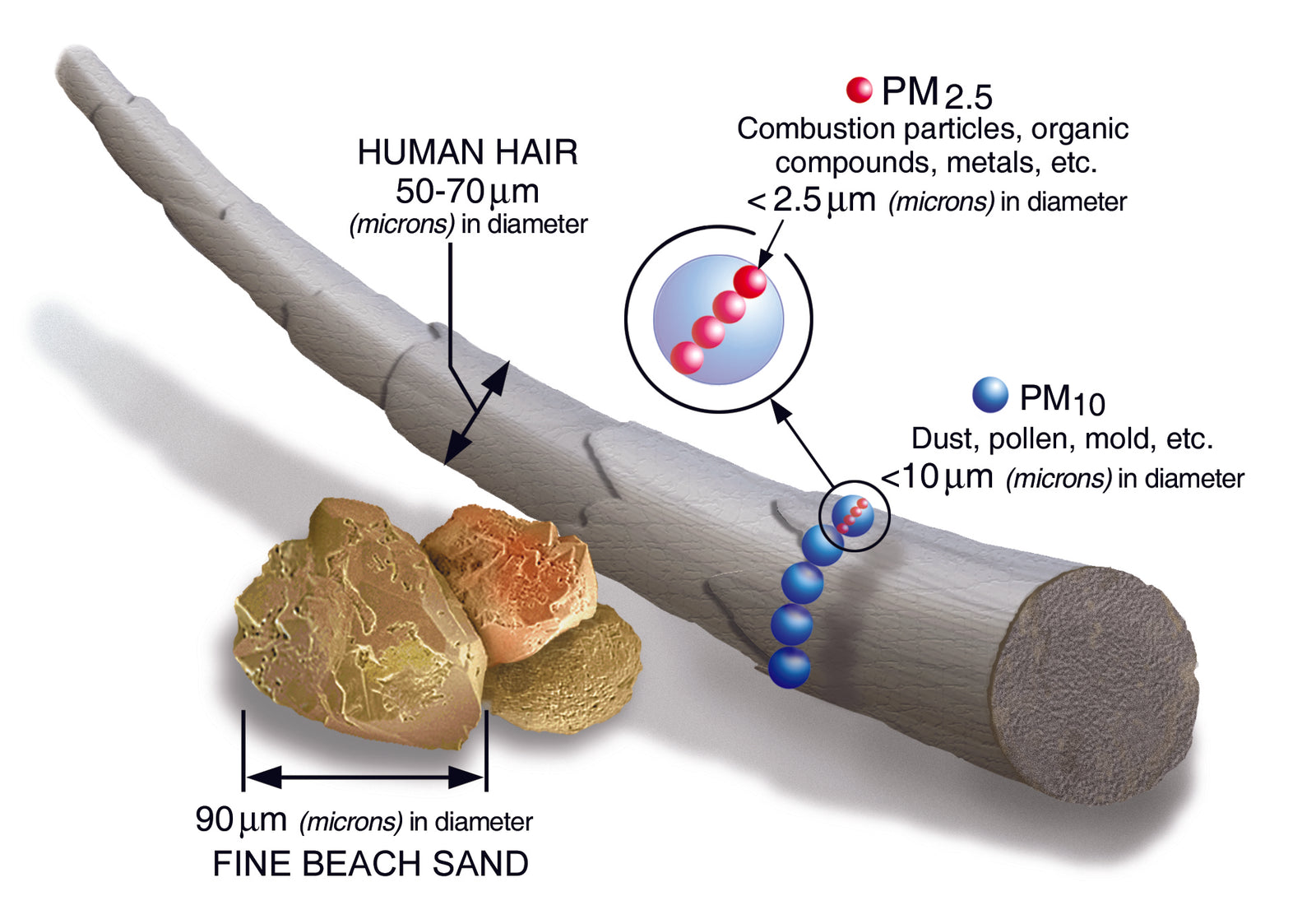The Politics of Clean Air

There has been a lot of debate, politicization, and division around global warming and extreme weather changes. The melting of our polar caps, the Green New Deal, and Greta Thunberg, for that matter, highlight the need to address global warming for our collective wellbeing if not survival of the species. There are many sides to these debates. However, the two that leadership likes to divide the nation around are the economic opportunity lost by restricting land usage, eliminating fossil fuel-based products and services, and short term jobs, revenues, and personal income versus save the planet, create a safer environment for our children, invest in (the unknown) expensive technologies that will make us less reliant on fossil fuels.
On Dec 31st, 1970, President Richard Nixon signed the National Clean Air Act into the law. It was an amendment to the 1963 Clean Air Act. The goal of this anti-pollution legislation was to establish a national air standard, reduce targeted specific chemicals from entering the air (e.g., lead) and reduce 90% of harmful emissions from automobiles by 1975. States had nine months to develop plans and until 1976 to have implemented their own regional plans else be subjected to costly fines and penalties. I wasn't old enough to have been cognizant of the geopolitical issues of the day, so I wanted to know if the lines were drawn between red states and blue states, or was it sold to the public as a save the planet initiative to live a healthier life. The House voted first in September and, with a few modifications, passed by a vote of 374 to 1. The Senate was more concerned about the timing for implementation but, in the end, passed by a vote of 73 to 0. It's been a long time since American political parties have been so well aligned on a matter of such national importance to citizens, perhaps going back to the selection of Supreme Court associate justice Ruth Bader Ginsburg (96 to 3).
The New York Times’ headline read "Tough New Clean-Air Bill Passed by Senate 73 to 0".
With such overwhelming support, the law would spawn a decade of growth, global economic leadership, innovation, and change.

Source: EPA https://www.epa.gov/transportation-air-pollution-and-climate-change/accomplishments-and-success-air-pollution-transportation
Today, no one will debate the effectiveness of the Clean Air Act. Gone are most of the heavy smog clouds that use to blanket major US cities during the colder months. The horrid smells of downtown rivers and waterways the result of airborne pollutants and chemical byproducts being washed into our rivers.
Unprecedented technological advancements in the automotive, agricultural, and industrial sectors, which we continue to see today. Like the development in electric vehicles, residential and portable solar technologies.
New processes, infrastructure, and social initiatives emerged, for example, carpool lanes, ride-sharing, and the expansion of public transportation into the suburbs, leading to the emergence of SMART cities that are safer, cleaner, green, and energy-efficient. These are a few of the economic benefits of the Clean Air Act, but what about the cost of a life. It is estimated that the policies of the Clean Air Act save nearly 1 million lives every year and billions in medical costs.
It begs the question, why is it so difficult now to align as a nation? Why such partisanship? When you think about it, back in the 60s and 70s, you had obvious signs; brown clouds in the sky, people suffering from cardiopulmonary and respiratory diseases. Yet the science and data were limited, public education and awareness restricted to print, data modeling required millions in computing processing power to accomplish that which can be completed on a mobile phone today. Today we have the facts, the science, and data to understand the risk, and hopefully, the opportunity.
Perhaps the problem lies in the proliferation of what I call the "Me Movement". The premise being the political environment encourages the population to think about yourselves, what you have, how you can have more, and how you can protect it. So when fires burn in California, destroy homes, families, and lives, it's ok because you don't live in California, or water levels rise so high in the Marshall Island that entire communities have to relocate, it's not a problem because you'll plan a vacation elsewhere, or hurricanes that continually reign havoc over the southeast part of the country - it's just not your problem.
These are most interesting and challenging times, and whether our growing carbon footprint is largely to blame for the high levels of pollutants in the atmosphere, or if it's the destruction of the Ozone layer that's responsible for the warming of the planet, what impact all of us, blue states, red states, political left or right, faith, sex, the color of our skin or who we chose to love is the air we breathe.
Studies still show that air pollution kills nearly 7 million people each year. Scientists measure a wide variety of metrics, atmospheric, demographic (age, nationalities, densities), and the physical geology of cities and can calculate how much longer you should live based on the air quality of a specific city, region, or country.
This post started as a comparison between the air quality outdoors and indoors in the context of steps we can take to ensure we are breathing the safest air we can. Yes, people that live in environments with cleaner air outdoors and indoors tend to be healthier and suffer less from heart or lung diseases, yet this message resonated "Me Movement". With an election just over a month away, I thought it better to reflect on how we use to be when big challenges mattered to our collective selves. I don't know if we'll ever see another 73 to 0 alignment in one of our congressional bodies, I do know, I plan to vote for those that believe we are all in this together, and the time to ACT is now.
Also in News

An Unusual Journey to Normalcy

The History of Vaccines: What it Means for Coronavirus

